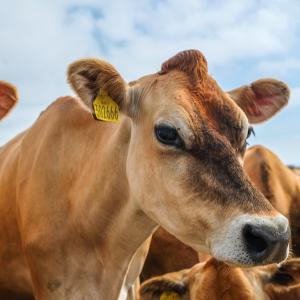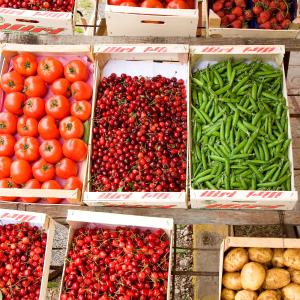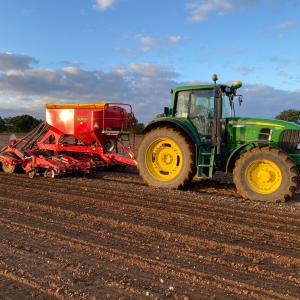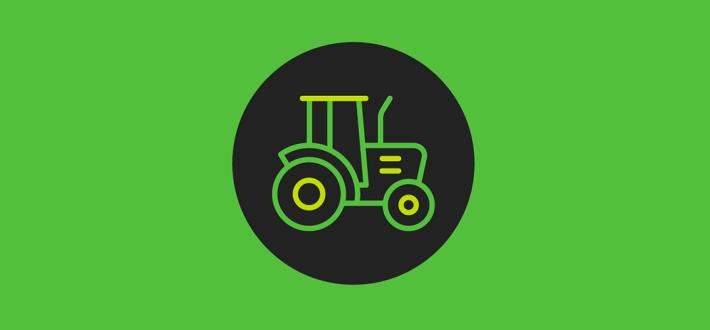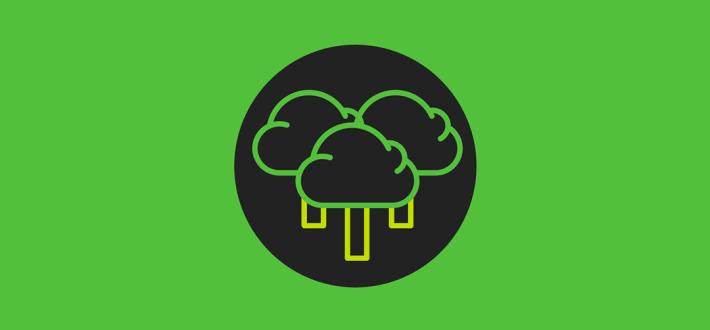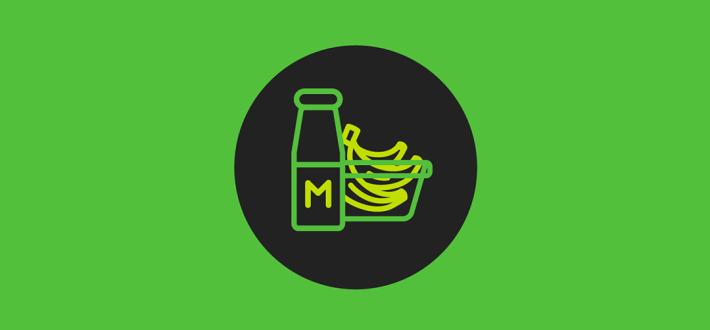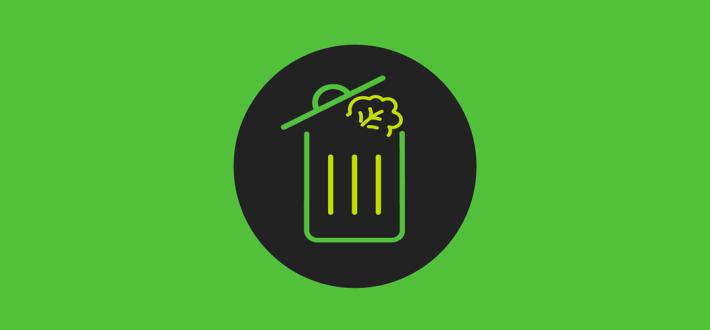
WWF Basket: Agriculture

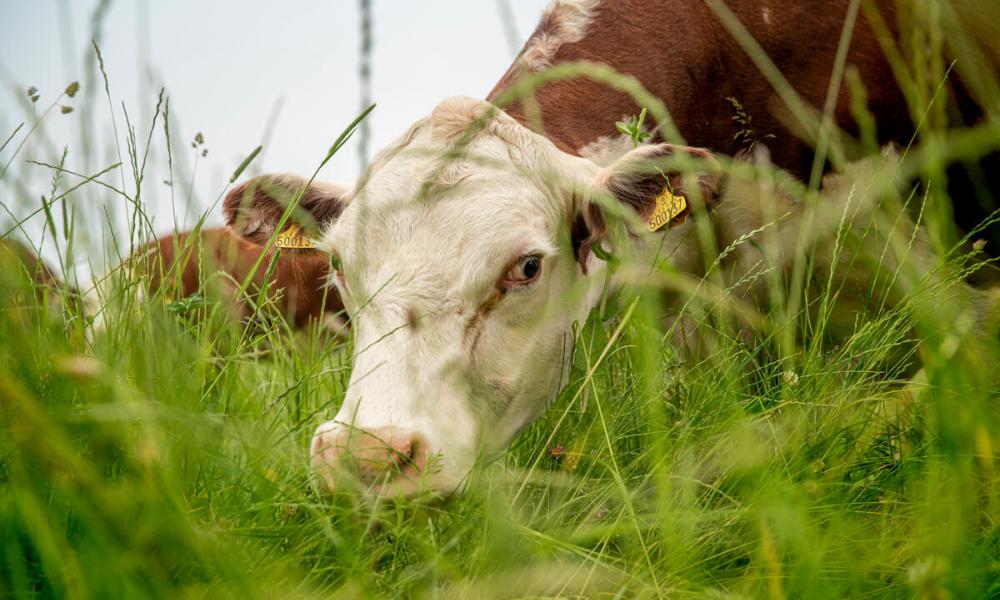
Food production relies on natural resources like fresh water and fertile soil, but high input, intensive agriculture can undermine the health of soils and freshwater systems.
Food production relies on natural resources like fresh water and fertile soil, but high input, intensive agriculture can undermine the health of soils and freshwater systems.
We need to support the transition to nature friendly farming to ensure farmers can continue to produce healthy, nutritious food for all of us and be kind to nature at the same time. With the right farming practises, farmers can help restore the fertility of the soil, make space for abundant wildlife, clean up our waterways, minimise pollution and lower greenhouse gas emissions, in line with science-based targets (SBTs).
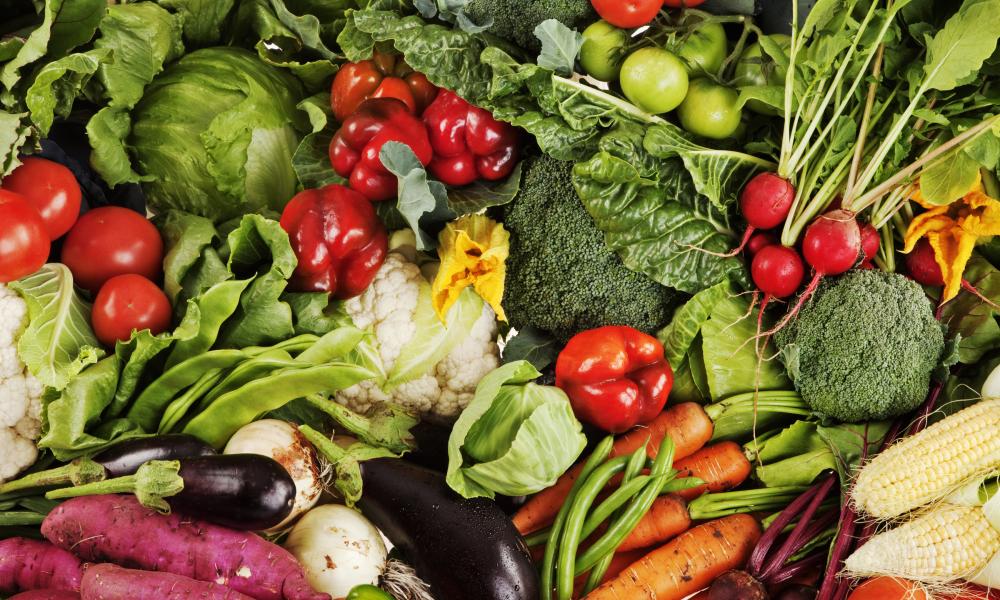
Key metrics for agriculture
Key metrics for agriculture
In collecting information for the WWF Basket, WWF requests data from retailers on the percentage of whole produce and grains in robust schemes for biodiversity and soil health (formerly referred to as robust environmental schemes') to measure progress towards the target of ensuring at least 50% of whole produce and grains are covered by such schemes.
WWF also asks retailers what percentage of meat, dairy and eggs sourced to 'Better' standards, as set out by Eating Better's Sourcing Better Framework, to track progress towards the target of 100%. By doing so, WWF aims to raise the industry standard on animal welfare, antibiotics use, and environmental considerations in livestock production.
Water resources are critically important for and heavily influenced by agriculture. Retailers are asked to provide data on the percentage of fresh produce sourced from regions with sustainable water management., with an overall 2030 target of 50%. Crucially, this metric allows us to understand whether water resources are being managed sustainably at landscape and regional level, not just on individual farms or sites.
Finally, to track progress towards lowering agricultural emissions in line with 1.5 degree SBT, retailers are asked to report what percentage of products they sourced from farms monitoring their greenhouse gas footprint, the percentage reduction in crops grown on lowland peat and the percentage reduction in FLAG emissions.
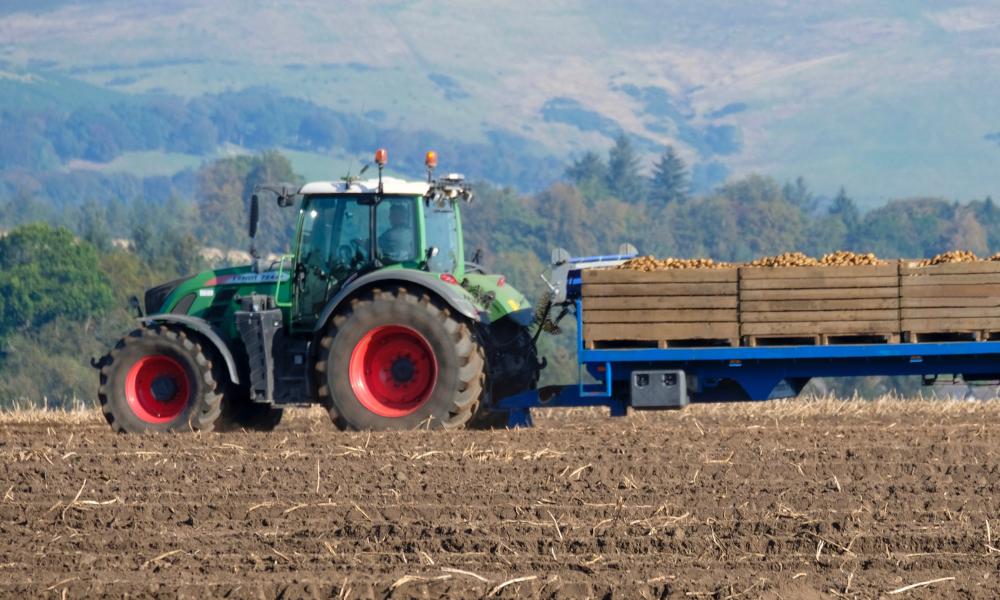
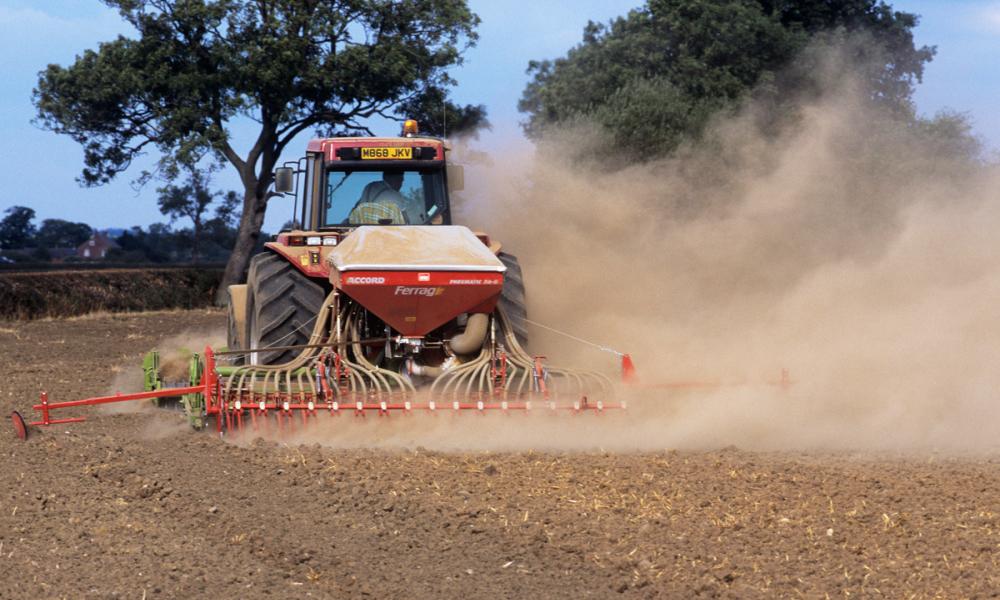
Find out more
Find out more
You can find out the latest WWF Basket data on agriculture in our 2024 report, What's in Store for the Planet: the Impact of UK Shopping Baskets on Climate and Nature - 2024.
You can find out more about the WWF Basket ambition for agriculture in the Blueprint for Action and the latest WWF Basket Outcomes and Measures.

WWF’s Retailers’ Commitment for Nature – Water Roadmap
WWF’s Retailers’ Commitment for Nature – Water Roadmap
WWF is working with WRAP to support and encourage the food and drink sector to take action to deliver on the Courtauld Commitment, which over 55 UK food & drink businesses have signed up to, including all major UK food retailers. The WWF Basket target – for 50% of fresh food to be sourced from areas with sustainable water management by 2030 – is aligned to Courtauld.
In May 2023, working with WWF and WRAP, signatories to WWF’s Retailers’ Commitment for Nature – Co-op, Lidl, M&S, Sainsbury’s, Tesco, Waitrose and Aldi (from November 2023) – agreed to a series of leadership actions and associated funding contributions intended to drive progress towards the milestones set out in the Courtauld Water Roadmap, and to catalyse other organisations across the food and drink sector to also act, fund and support delivery of the Roadmap.
To find out more about the Courtauld Water Roadmap, click here.
What's in Store for the Planet: The Impact of UK Shopping Baskets on Climate and Nature - 2024
Resource bank
Land of Plenty Report
Land of Plenty is WWF’s blueprint for how the agriculture and land use sectors in the UK can help fight climate change and bring nature back to life.
Low Carbon Farming
This report explores the capacity of UK agriculture to reduce GHG emissions, and the cost-efficiency of on-farm GHG emission reducing interventions. The associated Low Carbon Farming Guide transforms this information in to practical, printable guide for farmers.
Future of Feed I: Accelerating the use of Insect Protein in Animal Feed Systems
The report explores the potential opportunity to expand the use of insect protein in animal feeds, as a replacement for soy and fishmeal.
Future of Feed II: Low Opportunity Cost Feed Systems
This research explores the environmental and dietary impacts of a conceptual scenario whereby UK agriculture no longer fed any high opportunity cost feeds (such as grains and soybeans) to livestock.
Soil health guides
Created in conjunction with the UK Soil Health Initiative (UKSHI), these guides provide simple, practical steps to improve soil health in a variety of farming systems.
Soil health initiative: managing soils for a sustainable future in combinable crops
Soil health initiative: managing soils for a sustainable future in field vegetables
Soil health initiative: managing soils for a sustainable future in rotations with root crops and maize
Soil health initiative: managing soils for a sustainable future on lowland livestock farms
Soil health initiative: managing soils for a sustainable future on mixed farms
Soil health initiative: managing soils for a sustainable future on upland livestock farms
Pathway to harmonised metrics for the food industry
This report explores the opportunities for and barriers to driving greater alignment of the various sustainability metrics and initiatives which seek to measure and communicate the impact of the food industry.
Nitrogen: Finding The Balance
This report explores the impact of nitrogen on the UK’s environment, and whilst the scope of the report is limited to agriculture the analysis shows how agriculture is a large user of nitrogen and is a significant contributor to nitrogen losses in the environment.
Farming With Biodiversity
This WWF-International report outlines the changes that are needed to create food systems that support, rather than exploit, nature, with a focus on agricultural production systems.
Carbon Sequestration and Agri-Carbon Markets
This report explores the capacity of UK agriculture and land use to capture and sequester carbon, via various on-farm and land use change interventions. The report also considers the risks and opportunities associated with the emerging markets for captured carbon.
Regenerative Agriculture Policies of Food Businesses
This report reviews the soil health and regenerative agriculture policies of some of the UK’s largest food businesses, and provides recommendations for businesses seeking to develop their own robust and impactful policies.
Robust Schemes for Biodiversity and Soil Health - Explainer
An explainer setting out key details on 'robust schemes for biodiversity and soil health' for UK grown fresh produce and grains - a key WWF Basket metric.
Towards ‘Sourcing Better’ Meat, Dairy and Eggs: Practice Catalogue
The practice catalogue is a joint publication by WWF-UK and Eating Better. It seeks to provide retailers with a clear path to sourcing better meat, dairy, and eggs. It outlines clear benchmarks for “better” practices, complementing the Sourcing Better Framework.

Get in contact
Get in contact
Cross-sector collaboration is the most effective way to bring about the type of environmental change that is needed.
Please contact business@wwf.org.uk if you would like to collaborate with the wider industry on any of the areas addressed in the WWF Basket.

